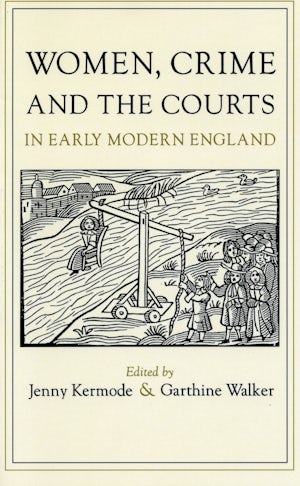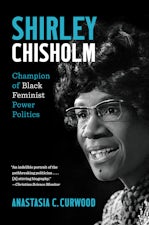Women, Crime, and the Courts in Early Modern England
Edited by Jenny Kermode, Garthine Walker

224 pp., 6.125 x 9.25, 9 illus.
For Sale in U.S. & Dependencies and Canada
-
Paperback ISBN: 978-0-8078-4500-4
Published: February 1995
Buy this Book
About the Authors
Jenny Kermode is senior lecturer in local history at the University of Liverpool. Garthine Walker is lecturer in history at the University of Warwick.
For more information about Jenny Kermode, visit
the
Author
Page.
Garthine Walker is lecturer in history at the University of Warwick.
For more information about Garthine Walker, visit
the
Author
Page.
Reviews
"A fine reassessment of the impact of legal matters on women's lives . . . that highlights very effectively the diversity of women's participation in the various stages of legal proceedings."--American Journal of Legal History
"An exciting collection of highly readable essays on highly interesting subjects. The authors are distinguished and innovative historians, and their work should be widely appreciated by scholars, teachers, and students."--Judith Bennett, University of North Carolina at Chapel Hill



